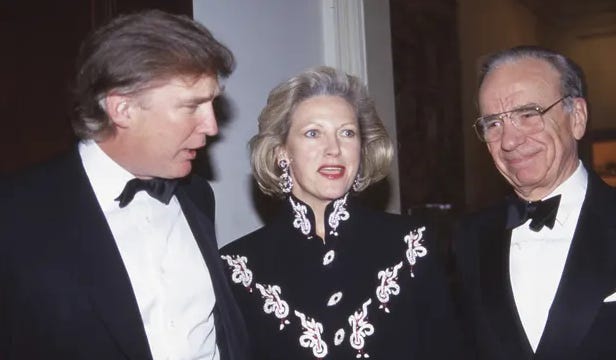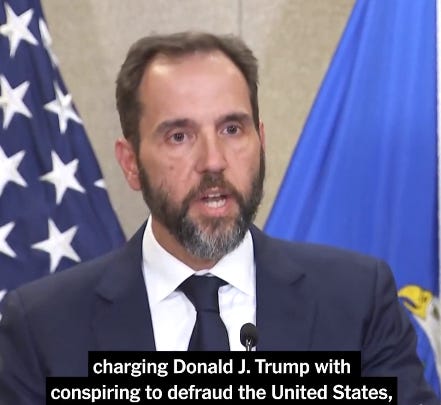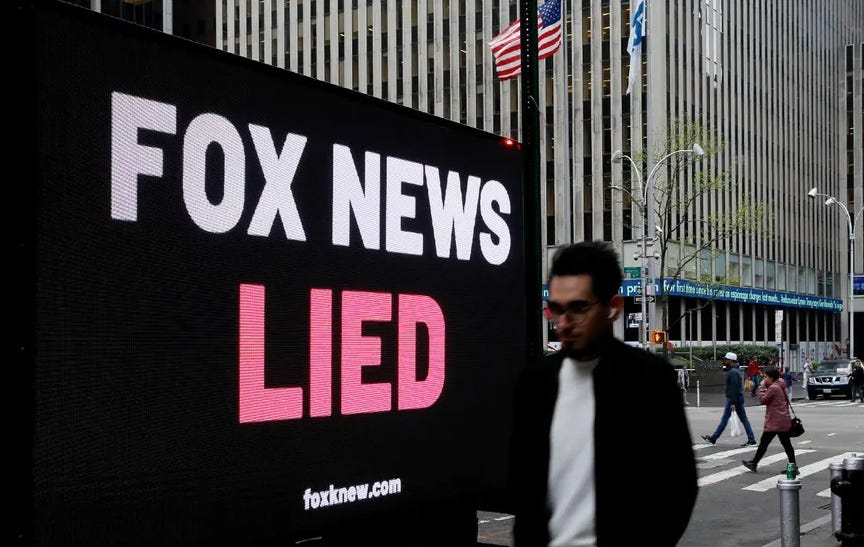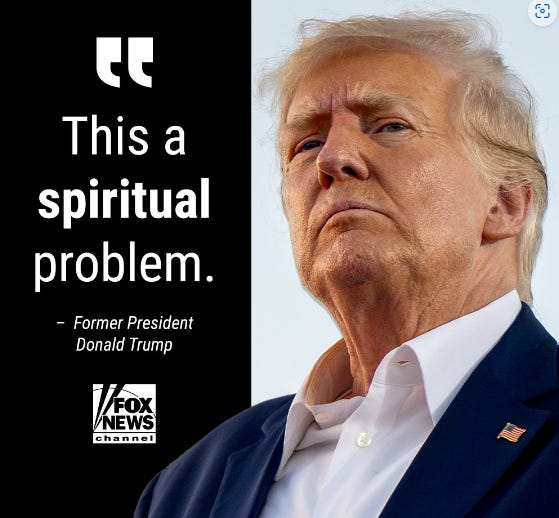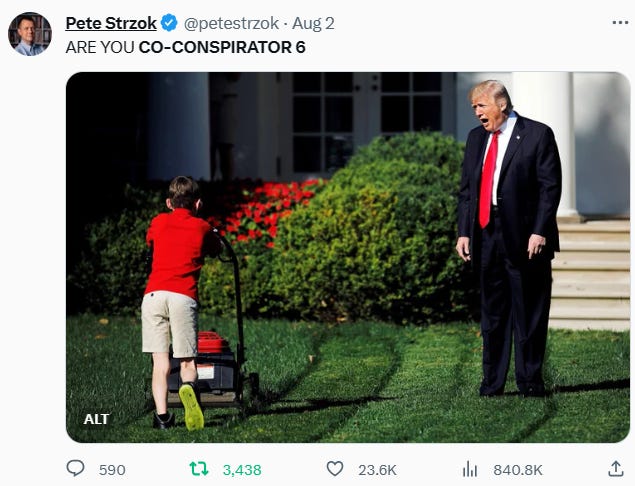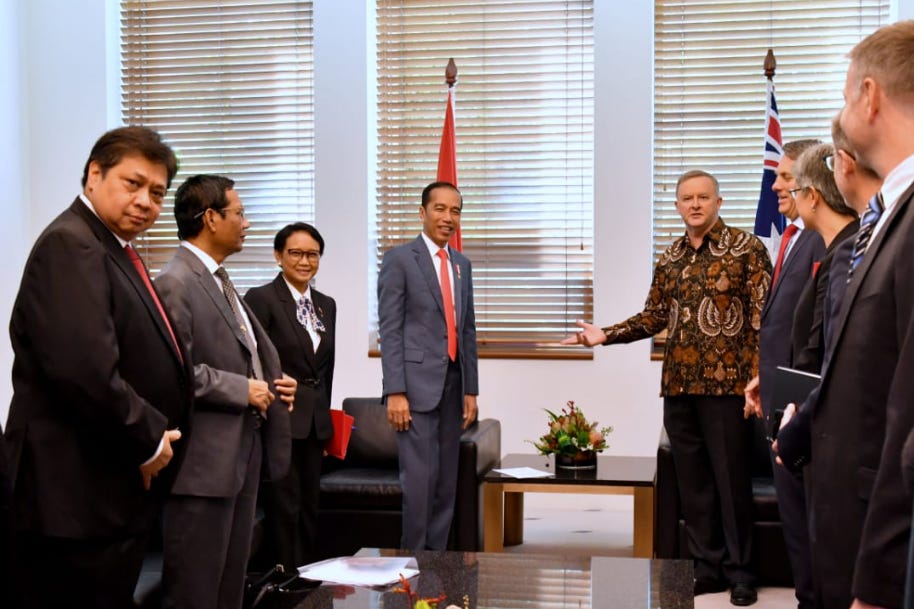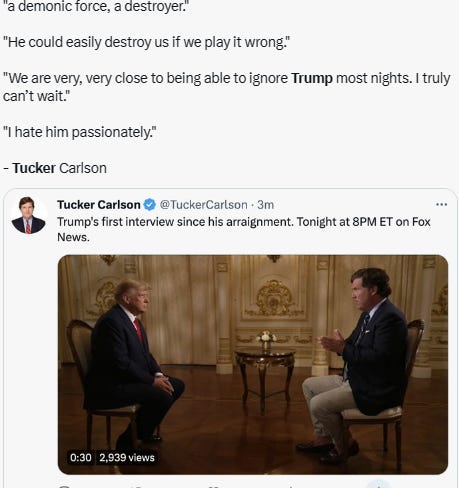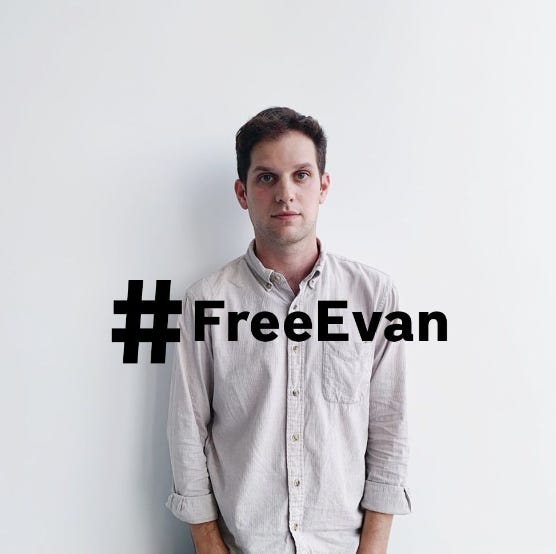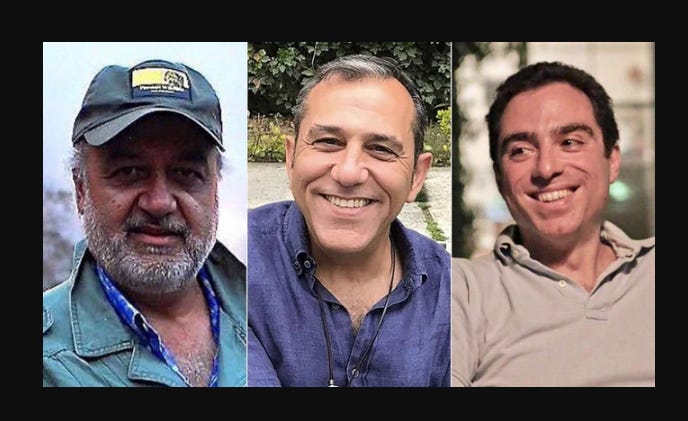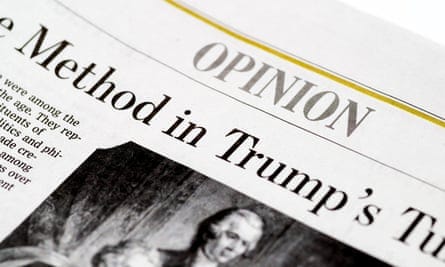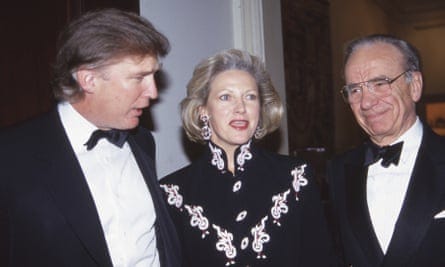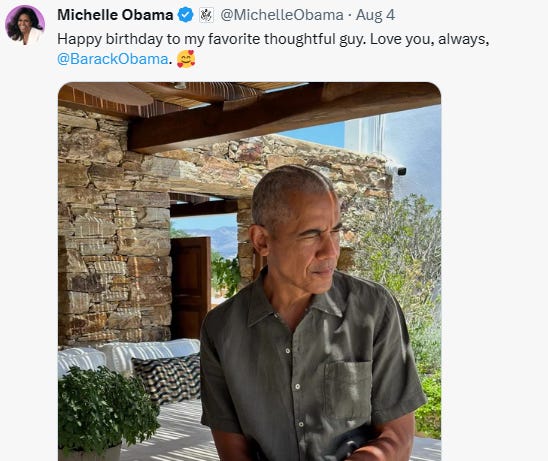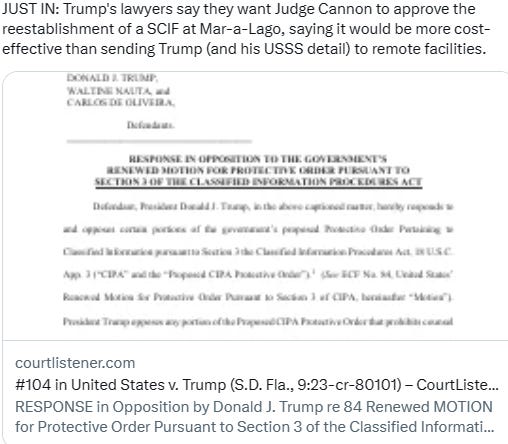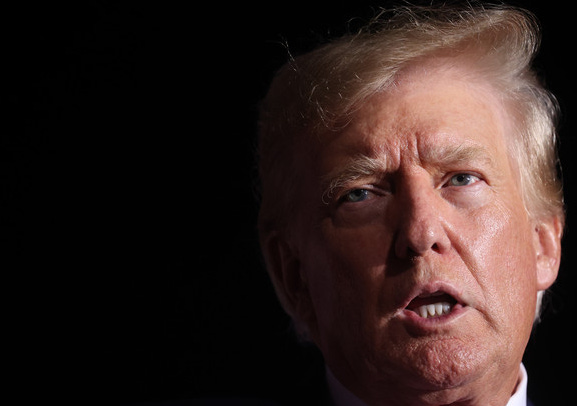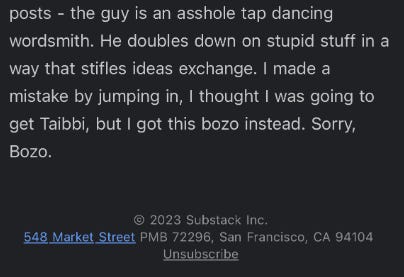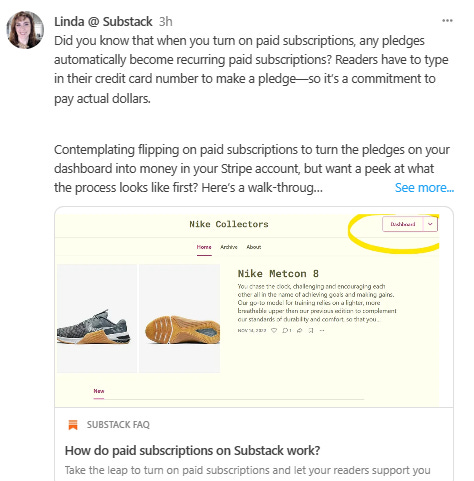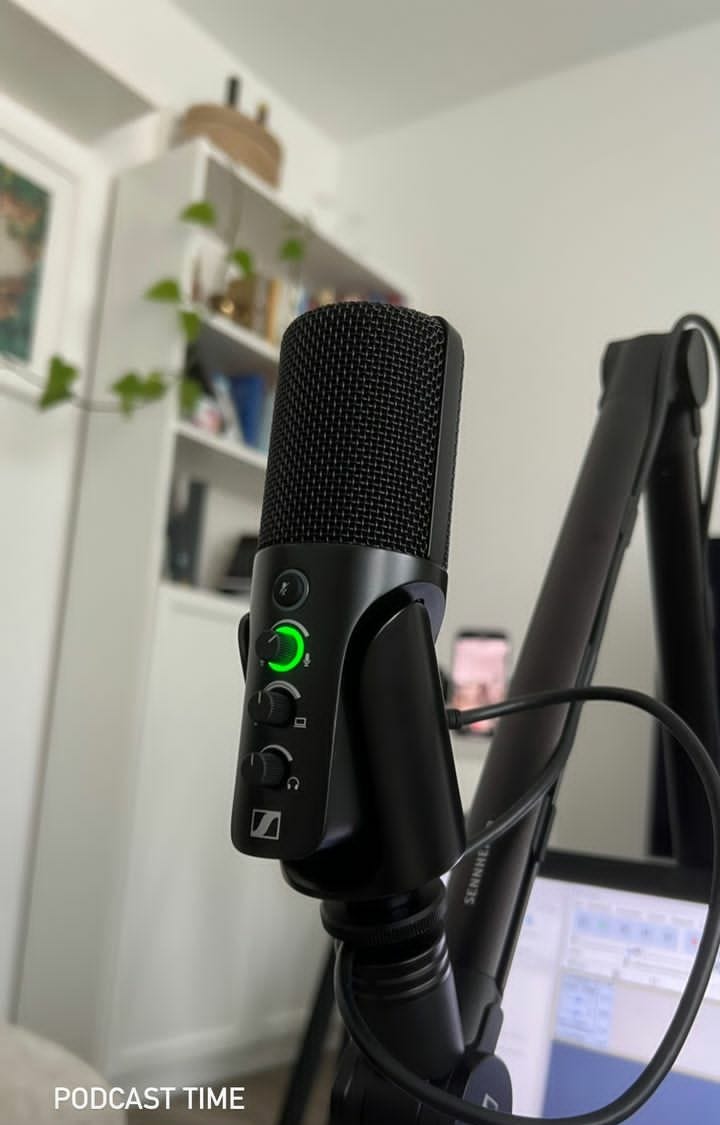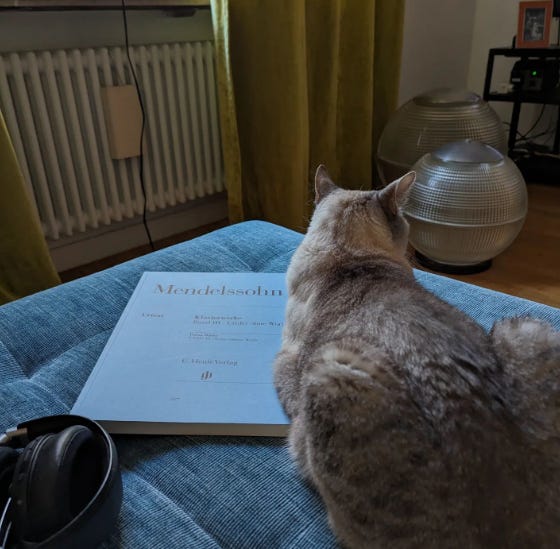DC 9.20am / London 2.20pm / Canberra 11.20pm
Astounding. After paying US$894+ million, Fox remains unimpeded in doing any of the things it does. Seems to me US$894+ million is too small a penalty. Just around 2 hours after Donald John Trump received a new indictment by special counsel John Luman “Jack” Smith (around 4pm New Jersey time August 1st, because Trump is in New Jersey at the moment), Trump already had dinner with the Executive of FOX Corp. After gigantic settlement months ago.
3 Days ago, Fox Corp said its chief legal officer Viet D. Dinh would step down and become a special adviser to the company, effective Dec. 31. Viet D. Dinh was the chief architect of the USA PATRIOT Act and is a former member of the Board of Directors of News Corporation. Dinh joined Fox as chief legal and policy officer in 2018.
Dinh has taught at Georgetown University Law Center, and became a partner at Kirkland & Ellis in September 2016, when Kirkland hired all of the attorneys at the firm Dinh founded, Bancroft PLLC. Dinh left Kirkland in 2018, and in September 2018, Dinh was appointed as Chief Legal and Policy Officer of Fox Corporation and would report directly to CEO Lachlan Keith Murdoch. Dinh is responsible for all legal, compliance, and regulatory matters, as well as oversight of government and public affairs.
According to a company filing, Fox has spent a total of $894 million in 2023 on legal settlements. Remarkable—that’s more than $100 million over its $787.5 million Dominion settlement. In just the first half of 2023. Viet D. Dinh will get a US$28M golden parachute from Fox, US$23M in cash severance or lump sum payout while retaining "special advisor" title, per filing, plus US$5M over 2 years for his special adviser role. When you marvel at payouts like this — here's US$23 million to go away after your strategy cost us $787 million — you have to remember: everyone at Fox has something on everyone.
Further, in 1992, a decade before he met Lachlan Murdoch, Dinh wrote of his sister, held in a Hong Kong refugee camp, in the New York Times, which led to NBC TV coverage and then to a series of articles in the South China Morning Post. The South China Morning Post was owned by Rupert Murdoch, and Dinh's articles there were credited with helping free his sister. Owned SCMP (by Murdoch) in peak business scale of FOX/Murdoch in 1990s, maybe one of the reasons for MGM to make “007/Bond - Tomorrow Never Dies.” In January 1997, MGM had a script also focused on the Hong Kong handover. While many reviewers compared Elliot Carver (by actor Sir Jonathan Price) to Keith Rupert Murdoch AC KCSG, Scriptwriter Bruce Feirstein based the character on Ian Robert Maxwell (Ian Robert Maxwell MC (born Ján Ludvík Hyman Binyamin Hoch; 10 June 1923 – 5 November 1991) a Czechoslovak-born British media proprietor, member of parliament (MP), suspected spy, and fraudster), with Carver's reported death bearing similarities to that of Maxwell's, that is, "Missing, presumed drowned, while on a cruise aboard his luxury yacht," as stated by M at the end of the film.
Four partners (Megan L. Meier, Daniel Watkins, Andrew Phillips, Dustin Pusch) have left Clare Locke LLP, a law firm that won Dominion Voting Systems its defamation lawsuit, to launch their own practice. Their new firm, Meier Watkins Phillips Pusch LLP, will focus on 'reputation management and fighting misinformation.'
Dominion (Dominion Voting Systems Corp.) and Fox Corporation agreed to settle a US$1.6 billion defamation lawsuit in April 2023. The lawsuit is one of several addressing statements made by Fox News Media hosts regarding the legitimacy of the 2020 election. The lawsuit spawned from the privately-owned voting equipment company challenging Fox News' claims about Dominion regarding the election. The companies agreed to settle for $787.5 million, and Trump feels it's only fair if he receives compensation for the pain he suffered at the hands of media organizations as well.
Back to Murdoch and Fox. The personal ties to Murdoch's interests and family were debated as Dinh took the role in the phone-hacking investigation. Dinh was mentioned as a potential nominee to the Supreme Court of the United States in a Republican administration. In April 2020, it was announced that Dinh and a handful of other Fox Corp. executives would forgo their salaries for six months as a result of the coronavirus.
Profits at Rupert Murdoch’s News Corp might have dropped 75 per cent in the year to the end of June — to $187 million (€170 million) — but dollar signs still seemed to be flashing in the eyes of the company’s chief executive Robert Thomson this week.
The glint was all courtesy of artificial intelligence (AI). The key Murdoch lieutenant got the usual media earnings release fare about stringent cost controls, challenging macro conditions and currency headwinds over and done with, then hailed what he described as “sound reasons for optimism”.
These included the fact that for the first time, digital media has accounted for more than 50 per cent of News Corp’s full-year revenues. This, he said, marked a “profound transformation” in its business over the past decade. Only cynics would note that the “old media” side of the company has transformed, by declining, to a more obvious extent than the digital side has transformed by exploding.
Digital revenue momentum is “surely gathering pace” in the age of generative AI, according to Thomson, with the company believing this “presents a remarkable opportunity to create a new stream of revenues while allowing us to reduce costs across the business”.
News Corp, he added, was “already in active negotiations” in its attempt to seek payment from generative AI companies on the use of its content and data to train AI.
Journalists, meanwhile, will rightly be wary of the cost-reduction potential cited. While several high-profile media companies have now either begun experimenting with AI-generated content or indicated they will do so, News Corp is one of the largest to embrace it.
As early as January this year, a News Corp Australia executive revealed that the division was using generative AI to produce 3,000 local news items a week on subjects such as traffic, weather and fuel prices. That’s some output.
Australia’s media market is the most concentrated out of every democracy in the world.
Politicians let that happen, because they’ve been too scared to challenge Rupert Murdoch.
Strong, independent and diverse news media made up of journalists who investigate fearlessly and report truthfully is essential to any functioning democracy and fair society.
But here in Australia, huge swathes of Australian news media have been bought-up by American billionaire Rupert Murdoch and his heir-apparent son Lachlan. Their company News Corp saturates the market, controlling so much of what the public see and hear as their news.
Truths that are inconvenient to the Murdoch agenda are silenced. Hardworking, professional journalists working for the News Corp, their industry’s largest employer, are forced to conform to Murdoch’s editorial ideology or pushed out for loyal commentators who toe the Murdoch line.
From the nonsensical refusal of the Liberal and National parties to appropriately act on climate change to the epidemic of disinformation about vaccinations in our communities, the impact of Murdoch’s cowboy treatment of Australian news media is felt viscerally by real people across the country.
In place of quality journalism, Mr Murdoch and his inner circle of executives use the News Corp beast to distort the news to push their political agenda. Tabloid columnists and SKY television shock jocks stoke fear and division in our communities to get clicks and sales. The Murdochs trade media coverage for political favours, distorting Australia democracy and weakening Australian voices.
For decades, Murdoch has taught politicians that if they stand up against his media monopoly, they will be punished.
February 2017, just over three weeks after Donald Trump’s inauguration, the Wall Street Journal’s editor-in-chief Gerry Baker held a town-hall style meeting in the paper’s midtown Manhattan newsroom amid mounting concern about the WSJ’s coverage of the new president, which many staffers felt was too soft and too quick to downplay controversies.
Poor morale underscored by two rounds of buyouts since September had been exacerbated by the recent departure of one of the paper’s number-two editors for the arch-rival New York Times. But the meeting meant to reassure the newsroom only heightened tensions.
“Instead of clearing the air about the legitimate concerns of editors and reporters about balanced coverage of Trump, Baker led off with a 20-minute scolding about how we were indeed covering Trump correctly, and anybody who disputed that was wrong and wrong-headed,” a recently departed Journal staffer told the Guardian. “That pretty much took the air out of the room. I and most of my colleagues were disgusted by his performance.”
Concerns about the way in which the paper was covering Trump spilled over into public view earlier this year, when newsroom emails began leaking out showing Baker criticizing his staffers for language he deemed unfair.
The Wall Street Journal, a New York-based institution more than a century old, remains one of the nation’s most-read newspapers, with the power to move markets and shape political agendas. Like the Financial Times in London, it’s long been the must-read for the business and financial class – with a business-friendly conservative editorial page to match – known for its deeply-reported stories and calm design.
Some people think actually very easy to free WSJ journo Evan Gershkovich from jail in Moscow because a good relationship between Murdoch and Putin.
Dozens of reporters, editors, and copy staff have left the paper in the past year, an exodus attributable to a combination of buyout incentives, poaching and frustration with management at the title which Rupert Murdoch added to his media empire a decade ago.
The talented staff that remain still produce memorable journalism. But when it comes to covering Trump – according to interviews with 18 current and former Journal staffers, some of whom have provided the Guardian with previously unpublished emails from Baker – many say this is no thanks to management.
“The Journal has done a lot of good work in covering the Trump administration, but not nearly as much as it should have,” another recent departee said. “I lay almost all of that at Gerry’s doorstep. Political editors and reporters find themselves either directly stymied by Gerry’s interference or shave the edges off their stories in advance to try to please him (and, by extension, Murdoch).”
Meanwhile longtime observers like Sarah Ellison, a former Journal reporter and author of the book War at the Wall Street Journal about Murdoch’s takeover of the paper, is not entirely surprised to see what has happened to Murdoch’s paper under Trump.
“This is the most access he has had to a sitting president ever – that is something he’s tried to do and has done in other countries particularly with British prime ministers,” Ellison said. “He’s choosing his own personal access over having any journalistic clout.”
Murdoch bought the newspaper in 2007, but initially it was thought to be one of the few outlets in his portfolio impervious to his political influence. In the Trump era, some staff fear that seems to be changing fast.
Murdoch and Trump have known each other for years on the New York scene, but what started out as a reportedly slightly chilly relationship has warmed considerably in recent years. As recently as April, the two were said to be talking “almost every day” (the White House has denied this). Murdoch’s Fox News played a crucial cheerleading role in Trump’s election and before that, Jared Kushner and Ivanka Trump were known to go on double-dates with Murdoch and his ex-wife Wendi Deng, the two women remaining close even after Murdoch split with Deng. Throughout the campaign, Ivanka was a trustee of the $300m fortune allocated to Murdoch’s daughters with Deng, stepping down only after the financial connection became public.
With Trump in the White House, he and the Australian-born media mogul have grown closer than ever, with Murdoch topping the New York Times’ list of the president’s outside advisers.
‘Mr Elegant’
Baker, a British columnist who was promoted from the paper’s deputy role in 2012, came onto Trump’s radar early in the 2016 presidential campaign, when he moderated a Fox Business Network GOP primary debate in November 2015.
Trump liked Baker’s handling of the debate, especially compared to that of Fox News’ Megyn Kelly, who had grilled Trump on his treatment of women at an earlier debate in August. During Baker’s debate, the future president largely evaded tough questioning and enjoyed more airtime than anyone else on stage. “He was unbelievably charming afterwards,” Baker said of Trump at the time. “He came up to me and said, ‘That was an extraordinarily elegant debate. You handled it incredibly well.’”
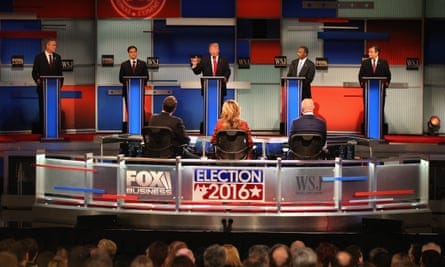
When Trump looked poised to clinch the GOP nomination in spring of 2016, Murdoch, who had cultivated others, warmed to Trump considerably. And around the same time Baker lectured the newsroom on the need to be “fair” to Trump in their reporting, Politico reported.
In October, as the Washington Post and New York Times were publishing groundbreaking coverage on Trump’s taxes and treatment of women, Journal staffers were voicing frustration at how their paper was publishing “too many flattering access stories” on Trump and calling their own coverage of him “neutral to the point of being absurd”.
There was a lot of concern about the normalizing of Trump and that the Journal’s coverage wasn’t being skeptical enough
Former WSJ staffer
After Trump’s surprise victory in November, Baker landed Trump’s first post-election interview. And he wrote a column in the Spectator, the conservative British magazine, deriding US publications for pro-Hillary Clinton bias, accusing them of having “lovingly compiled their historic ‘first woman president’ editions.”
In early January 2017, Baker upped the ante, publicly expressing reluctance to accuse Trump of “lying” amid a bout of national media soul-searching over how to cover the incoming president’s false statements, and lashing out at critics in a column mocking a “fit of Trump-induced pearl-clutching among the journalistic elite”.
“If we are to use the term ‘lie’ in our reporting, then we have to be confident about the subject’s state of knowledge and his moral intent,” Baker explained of his approach.
By the end of the month internal discontent with the editor bubbled over into public view when staffers leaked a memo to BuzzFeed in which Baker asked them to stop using the “very loaded” description of countries included in Trump’s travel ban as “majority-Muslim,” and suggested they use wording that hewed closer to White House talking points instead.
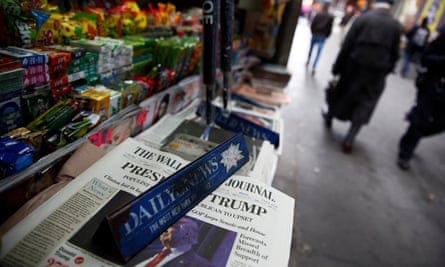
By the time of the February town hall meeting in the WSJ newsroom, tensions were running high between Baker and his staff.
And they came to a head again this summer when Politico published a leaked transcript of an Oval Office interview Baker had carried out with Trump, after the Journal had printed a news piece and a partial transcript.
The Wall Street Journal’s published write-up of the interview was by no means a puff piece, and it included criticism of attorney general Jeff Sessions’s decision to recuse himself from the Russia inquiries that gave fuel to Trump’s critics. But the full transcript revealed a number of lines embarrassing for Trump that the paper had ignored, from Trump’s inquiry about Scottish independence – “What would they do with the British Open if they ever got out? They’d no longer have the British Open” – to his claim that the head of the Boy Scouts had called him to say he had delivered “the greatest speech that was ever made to them” the day before. (The Boy Scouts denied that.) The president referred to his son-in-law and key adviser Jared Kushner as a “good boy” and said of countries with large populations: “You call places like Malaysia, Indonesia, and you say, you know, how many people do you have? And it’s pretty amazing how many people they have.”
Murdoch actually nearly acquired Indonesia media, named ANTV, but because Australian Embassy bombing in Jakarta, this plan cancelled forever.
The full transcript also showed that the Journal’s White House reporters were sidelined during the interview by Baker, who dominated the questioning, speaking familiarly with Ivanka Trump about their children and a party they had both attended in the Hamptons in New York.
Perhaps most revealingly, Trump recalled to those present his experience with Baker in the GOP primary debate. “I call him Mr Elegant. I mean, that was a great debate. We did such a great job,” Trump said.
Defenders say Baker’s approach is philosophically consistent with the paper’s commitment to fairness, and that it only stands out so clearly now because rivals like the New York Times and the Washington Post have become more aggressive since Trump took office. The Post’s new tagline, “Democracy Dies in Darkness,” speaks to the urgency the paper’s editors see in this moment. A full-page promotional ad in last weekend’s Times declared, in a thinly-veiled reference to Trump: “This moment in history requires an explanation.”
“The Times and the Post have decided we’re in a unique historical moment, and a different tone or stance are required,” a current Journal staffer told the Guardian. “The Journal is not adopting that attitude.”
Baker did not respond to a request for comment, but a Journal spokesperson, Steve Severinghaus, defended the paper’s approach. “We are covering this administration as we have all others, without bias or favor,” he said.
“At a time when relations between government and media are strained, the Journal’s singular focus on factual, unbiased coverage is essential. Our overriding obligation to be fair and objective is why the Journal is cited as the most trusted news organization in America,” Severinghaus added.
Indeed, a YouGov/Economist survey this summer found the Journal to be the most trusted outlet of the American news organizations surveyed.
The survey’s pollsters pointed directly to the influence of Trump’s attacks on the media for undermining trust in outlets like the Times, the Post and CNN, noting all had fallen in public esteem as Trump tweeted about “fake news.” The Journal is the rare publication of record that has managed to largely (though not entirely) escape that “fake news” slur, while – unlike, say, Trump-friendly outlets like Fox News, Breitbart and Sinclair Media Group – maintaining a strong commitment to journalistic standards and facts.
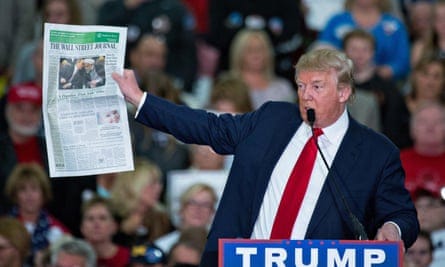
By adhering to the conservative worldview – newly supercharged by Trump – that all media skews liberal, Baker just may have helped the Journal straddle the divide between readers who want their information from a trustworthy outlet and those typically skeptical of journalism as an institution.
But many staffers aren’t satisfied to be the best media voice in the Trump echo chamber, given the Journal’s history as one of the top papers in the country, with 16 newsroom Pulitzer prizes under pre-Murdoch editor Paul Steiger between 1991 and 2007 (only one more has been added in the Murdoch era).
“I agree with the principle that media needs to be careful and wary of going too far,” a source said. “But that’s not what we’re doing.”
One staffer added: “Words have consequences and Gerry’s terrible handling of things like why we don’t call lies ‘lies’ had a chilling effect.”
Some feel that a different approach is required with Trump who has turned the press and journalism itself into an enemy in order to generate political support.
“It really came to a head after the election,” a recent Journal departee told the Guardian. “The election was on Tuesday and it wasn’t until Monday or Tuesday of the next week that the Journal wrote a single story about the legitimate anxiety that Trump’s win had provoked within large sections of the population.”
Because of that, he added, “this whole really interesting rebellion started to emerge across bureaus across the country. Everybody was living this story all of a sudden and it was playing out in their communities.”
Soon, a staff letter to Baker was assembled. “There was a lot of concern about the instant normalizing of Trump and that the Journal’s coverage wasn’t being skeptical enough,” the former staffer told the Guardian. In the end they were convinced not to make this a group letter that might get out, he continued. Instead, a town hall meeting was held.
But the meeting did nothing to stop the normalizing of Trump at the Journal, then or in the months since.
Since the inauguration, the Journal has broken major stories that are damaging to Trump, on Kushner’s business dealings, communications between Trump’s inner circle and a Russian tied to the Kremlin and special counsel Robert Mueller’s probe into Russian meddling in the campaign. Another on Paul Manafort’s ties to a Russian oligarch got considerable buzz.
Still, the Journal is not competing with the Post and the Times for scoops and talent the way they have in earlier eras.
In November, Poynter reported that 48 Journal employees had accepted buyouts – a trend seen across the media industry. In the months that followed, more staffers opted for the door. The departures include two top White House reporters, well-respected political and policy reporters, veteran foreign correspondents, and virtually the entire national security team, some of whom were poached by the Washington Post.
Recently, the Journal has made some effort to regroup after the loss of these stars, hiring a number of reporters in its Washington bureau, but not at a rate high enough to replace the talent they have lost and mainly involving more junior reporters.
The departure of Rebecca Blumenstein, the paper’s deputy editor-in-chief, who had been one of the few women at the Journal in a top editorial role, for the New York Times, came as a particular blow to staff, leading to a call from reporters for more diversity in the newsroom.
Baker’s influence is often not direct, current and former employees say. Instead, his preferences are internalized by reporters who avoid pitching stories they expect he won’t like or who tone down language in their copy before turning it in.
“The main way he influenced the coverage in a political way was not by saying you can’t write about X subject,” one former staffer said. “It was more that there were certain stories that could get into the paper very easily and other stories you knew would be a fight.”
Some reporters the Guardian spoke with made clear they never felt their stories were compromised and dismissed concerns about Murdoch’s reach and Baker’s meddling, noting that any newsroom includes a healthy back-and-forth between editors and writers.
Others said reporters, in the DC bureau especially, have had to fight to get their harder-hitting Trump stories published, if they get published at all. “Almost everyone in the newsroom has a story about their story or a story of a colleague’s getting killed,” said a reporter. “That happens in all newspapers, but the killings run in one direction.”
The Journal’s move to carve out a position on Trump to the right of its competitors should not be so surprising. In the week following the election, a house ad appeared in the Journal that made many on the staff deeply uncomfortable: it was a direct attack on the New York Times for suggesting that Hillary Clinton had the election sewn up. “On November 9, readers woke up to the difference between a New York newspaper and an American newspaper,” the ad for the Wall Street Journal said.
Murdoch appeared to recognise there was an opportunity for a major publication outside of the coastal media bubble, just as he saw the opportunity for a right-leaning cable channel when he launched Fox News in the 1990s.
But the difficulty for the Journal is its owner’s close relationship with the president. This year Murdoch, long adept at cultivating relationships with powerful conservatives, has become closer than ever to the White House, according to some accounts, speaking almost every day.
“There are growing indications that Mr Murdoch, a lifelong conservative, doesn’t just want to cover politics, he wants to play them as well,” David Carr, the late media critic, wrote in 2009, two years after Murdoch bought the paper.
Carr noted that Baker, as early as 2010, when he was deputy managing editor, was already seen as pushing the WSJ into “adopting a more conservative tone, and editing and headlining articles to reflect a chronic skepticism of the [Obama] administration”.
Murdoch has been known to use his publications to influence politics and business alike.
But a number of sources have expressed concern at editorial soft-pedalling.
For instance, last year an ahead-of-the-curve piece on white supremacist Richard Spencer and the rise of the alt-right ran online – and was buzzworthy enough to be cited by Hillary Clinton. But it was spiked from the paper because Baker felt it unfair to make a connection between Trump and white nationalists, according to multiple sources in the newsroom at the time. (Neither the Journal nor the reporter who wrote it, now with the Post, responded to questioning about this story.)
And as repeated leaks from the newsroom have made clear, top editors have continued to pull reporters back from writing which was too critical of Trump – and there’s hardly an infraction too minor. Recently, a reporter in the Washington bureau was chided by an editor for a tweet regarding Trump’s effects on the stock market, which was deemed to be too sharp on Trump, according to a colleague.
Defenders say that Baker is being subjected to unfair scrutiny because of who his boss is and because Trump’s presidency puts that under a magnifying glass. But his opponents suggest his attitude toward Trump means the brain drain is likely to continue.
“The whole culture of the Journal for decades has been to be fair and accurate but also convey analysis and perspective and meaning,” another ex-Journal person said. “Gerry’s saying ‘just report the facts’, but there’s a difference between journalism and stenography.”
=========END————
Thank you, as always, for reading. If you have anything like a spark file, or master thought list (spark file sounds so much cooler), let me know how you use it in the comments below.
If you enjoyed this post, please share it.
______________
If a friend sent this to you, you could subscribe here 👇. All content is free, and paid subscriptions are voluntary.
——————————————————————————————————
-prada- Adi Mulia Pradana is a Helper. Former adviser (President Indonesia) Jokowi for mapping 2-times election. I used to get paid to catch all these blunders—now I do it for free. Trying to work out what's going on, what happens next. Arch enemies of the tobacco industry, (still) survive after getting doxed. Now figure out, or, prevent catastrophic situations in the Indonesian administration from outside the government. After his mom was nearly killed by a syndicate, now I do it (catch all these blunders, especially blunders by an asshole syndicates) for free. Writer actually facing 12 years attack-simultaneously (physically terror, cyberattack terror) by his (ex) friend in IR UGM / HI UGM (all of them actually indebted to me, at least get a very cheap book). 2 times, my mom nearly got assassinated by my friend with “komplotan” / weird syndicate. Once assassin, forever is assassin, that I was facing in years. I push myself to be (keep) dovish, pacifist, and you can read my pacifist tone in every note I write. A framing that myself propagated for years.
(Very rare compliment and initiative pledge. Thank you. Yes, even a lot of people associated me PRAVDA, not part of MIUCCIA PRADA. I’m literally asshole on debate, since in college). Especially after heated between Putin and Prigozhin. My note-live blog about Russia - Ukraine already click-read 4 millions.
=======
Thanks for reading Prada’s Newsletter. I was lured, inspired by someone writer, his post in LinkedIn months ago, “Currently after a routine daily writing newsletter in the last 10 years, my subscriber reaches 100,000. Maybe one of my subscribers is your boss.” After I get followed / subscribed by (literally) prominent AI and prominent Chief Product and Technology of mammoth global media (both: Sir, thank you so much), I try crafting more / better writing.
To get the ones who really appreciate your writing, and now prominent people appreciate my writing, priceless feeling. Prada ungated/no paywall every notes-but thank you for anyone open initiative pledge to me.
(Promoting to more engage in Substack) Seamless to listen to your favorite podcasts on Substack. You can buy a better headset to listen to a podcast here (GST DE352306207).
Listeners on Apple Podcasts, Spotify, Overcast, or Pocket Casts simultaneously. podcasting can transform more of a conversation. Invite listeners to weigh in on episodes directly with you and with each other through discussion threads. At Substack, the process is to build with writers. Podcasts are an amazing feature of the Substack. I wish it had a feature to read the words we have written down without us having to do the speaking. Thanks for reading Prada’s Newsletter.
Wants comfy jogging pants / jogginghose amid scorching summer or (one day) harsh winter like black jogginghose or khaki/beige jogginghose like this? click
Headset and Mic can buy in here, but not including this cat, laptop, and couch / sofa.




